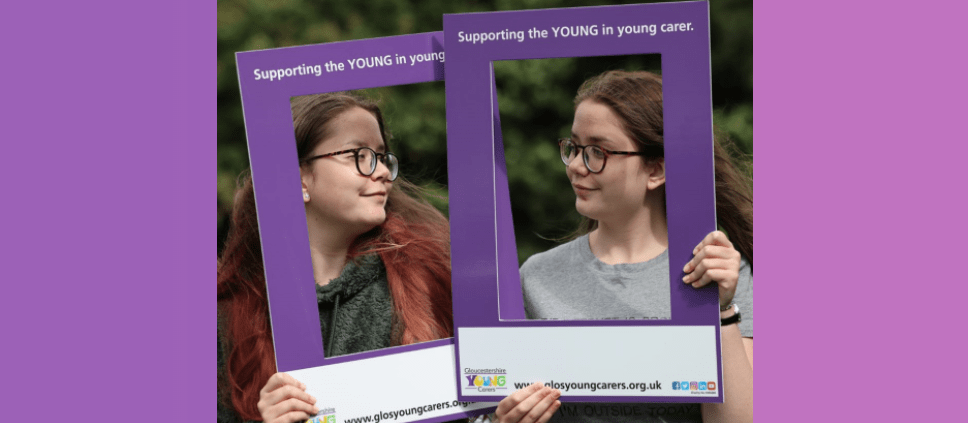Who are young carers?
Young carers are children and young people who carry out significant caring tasks and may assume levels of responsibility for a family member which would ordinarily be taken on by an adult.
They may be involved in the care of an adult or child in their family affected by one or more of the following:
- a physical disability or sensory impairment
- a long term illness
- mental ill health
- problematic drug and/or alcohol misuse
- a learning disability
What do you mean by ‘caring’?
Caring can take many different forms and it is important to remember that it will be different for each family and individual. Young carers take on practical and/or emotional caring responsibilities above and beyond that expected of other children their age.
Some of the ways young carers help their family members can include:
- Helping around the home – cooking, cleaning, washing, fetching and carrying, lifting, managing finances, shopping.
- Providing or assisting someone with help in their personal care including getting dressed, washed, or feeding someone.
- Administering medication, interpreting for someone, helping adults fill in paperwork.
- Providing emotional support – this can include keeping an eye on the person they are caring for, trying to cheer them up or talking and listening.
- Supervising siblings/taking on a parenting role due to a parent’s ill-health.
What may be the impact?
Young people are often very happy to help their parents or relatives and it can be very positive for them. Indeed, by the time they reach adulthood young carers will likely have learned many life skills which will help them as they move forward and grow.
But growing up is tough! We recognise that by taking on adult responsibilities at such an early stage in their lives, young carers may go on to experience:
- Great feelings of responsibility
- Physical tiredness
- Stress
- Anxiety – particularly when they are away from the family member they are caring for e.g. when they are at school
- Not having time for schoolwork or relaxation
- Feelings of embarrassment or shame at having a relative with health problems
Some young people may find caring for a relative very stressful at times. They might develop depression, anxiety or low self-esteem. They may feel angry with their relative at times, but also feel guilty about this.
This sounds like my child – what can I do?
With support from parents and other family members, many young carers cope well with caring. If you are concerned that your child may be taking on an excessive caring role at home and the impact this is having, please talk to us on 01452 733060. We will listen to you, give advice and information as to how to support your child, and discuss whether you would like to proceed with a referral to Gloucestershire Young Carers. If you prefer please complete our referral form or request a call back by completing the contact form below. We will contact you as soon as possible to ask you more about what you feel your child needs and any support we may be able to offer you at this time.
If submitting the referral by post please send to:
Gloucestershire Young Carers
7, Twigworth Business Centre
Twigworth
Gloucester
GL2 9PG
If you need assistance in completing the form please call one of our assessment workers on 01452 733060.
Request a call back
For online self referrals we will try to contact you as soon as possible. We will aim to come and visit you at home within six weeks and complete an assessment of need for your child. Our assessment takes a whole family approach in order to understand whether the cared for person requires more support to reduce the impact on your child/ren.
From here we will discuss with you and your child what support we may be able to offer you.
More Information:
Our Resources
Resources for families where someone experiences mental illness
Stories and booklets about when someone in the family experiences mental illness
Services at a glance
Contact us

